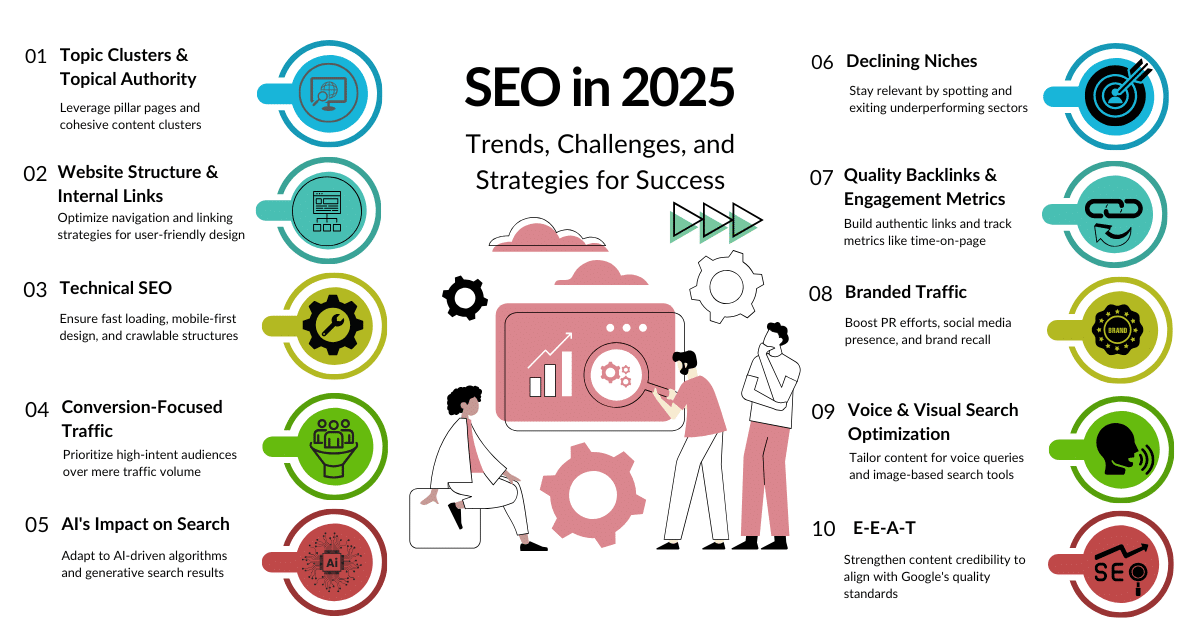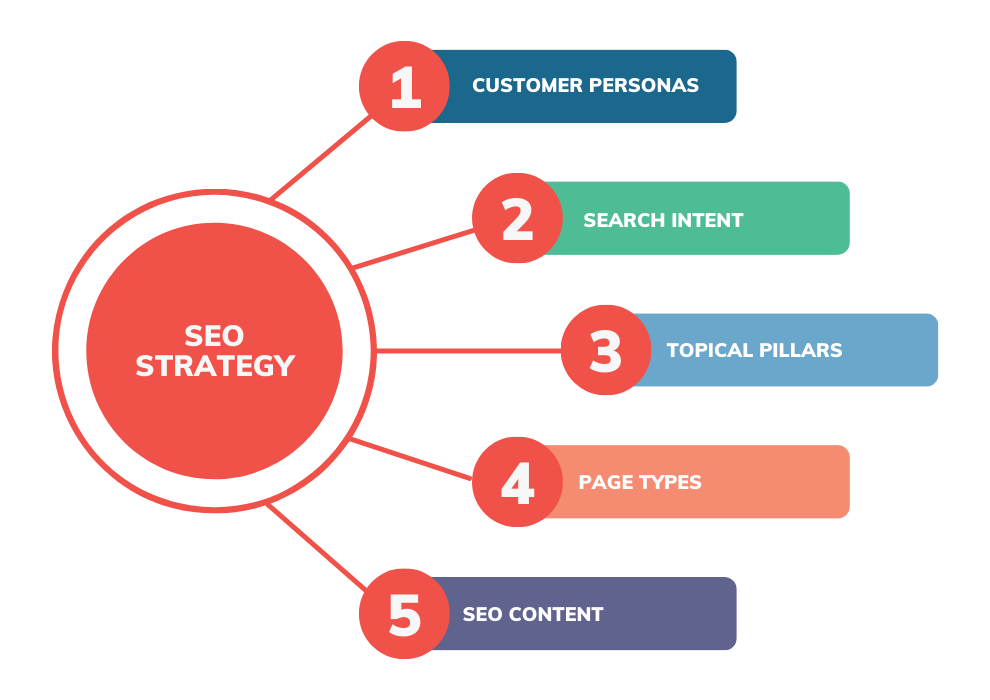The key to business success in the digital age is online visibility. The more visible your brand or product is on the Internet, the more likely it is to sell.
But the question is, which technique is more effective for creating this visibility? Search Engine Optimization (SEO) or Pay-Per-Click (PPC)
In this blog, we’ll look in detail at how SEO and PPC work, their advantages and disadvantages, practical applications, and what scenarios might be best for your business.
What is SEO (Search Engine Optimization)?
SEO is the process of getting a website to rank in search engines. That is, if someone searches for your product/service on Google or Bing, then your website should come up.
The Basics of SEO:
-
- On-page SEO: Keyword research, content optimization, and meta tags.
-
- Off-page SEO: Backlinks, social signals, and authority building.
-
- Technical SEO: Website speed, mobile-friendly, and schema markup.
-
- Content SEO: Regular blogs, informative articles, FAQs, etc.
The Advantages of SEO:
-
- Free traffic for a long time.
-
- The authority and brand value of the website are created.
-
- Increased user trust (because many people avoid advertising).
-
- If you do SEO in the era of AEO (Answer Engine Optimization) and GEO (Generative Engine Optimization), your site can also be referenced in tools like Google AI and Bing Copilot.
The Limitations of SEO:
-
- Fast results are not available (may take 3–6 months).
-
- Content and backlinks should be created regularly.
-
- Google’s algorithm updates can create risks.
What is Pay-Per-Click (PPC)?
PPC is an advertising method in which you have to pay for each click. It can run on Google Ads, Facebook Ads, LinkedIn Ads, Instagram Ads, etc.
The Features of PPC:
-
- Immediate results: Traffic comes from the moment the ad is launched.
-
- Targeted audience: Ads by age, gender, location, device, and time.
-
- Budget Control: Daily and monthly budgets can be set.
-
- Remarketing: People who have previously visited your website can be shown ads again.
The Advantages of PPC:
-
- Quick response to new product launches or offers.
-
- Your brand is at the top of the competitive market.
-
- Conversion tracking is simple: knowing which ads are bringing in leads or sales.
The Limitations of PPC:
-
- When the budget is closed, traffic also stops.
-
- Because of the bidding competition on popular keywords, the cost per click increases a lot.
-
- In the long run, the cost is much higher than SEO.
SEO vs. PPC—A Detailed Comparison
Subject: SEO PPC Results (3–6 months) ImmediateCost Higher in the beginning, then decreases Daily budget required Reliability Organic results are more reliable.Many people avoid ads.Durable Effect Long-lasting (algorithm-dependent) Traffic stops when ads stop. Best Use Long-term brand building Quick leads and sales ROI More profitable in the long run More profitable in the short term but costlier in the long run
What’s a Good Business for SEO?
-
- Local Business (restaurant, cleaning service, doctor, law firm) → Local SEO brings free calls and bookings.
-
- E-commerce Brands → Blogs, guides, and FAQ content SEO can increase organic sales.
-
- B2B / SaaS Company → Organic leads can be found with case studies and white papers.
What’s a Good Business for PPC?
-
- New Business or Start-up → To quickly bring customers.
-
- Seasonal Offers → Eid, Puja, Christmas Sale.
-
- High-ticket Service → Real estate, consulting, high-value products.
Experts’ Opinion
-
- HubSpot Research: The conversion rate of leads from SEO is almost twice that of PPC.
-
- WordStream Data: The average click-through rate (CTR) of PPC is 2%–4%, whereas the CTR from SEO results is much higher (10%–35%).
-
- BrightEdge Study: Organic search traffic provides 53% of the total website traffic, which is much higher than PPC.
Conclusion
Both SEO and PPC have their own strengths and limitations.
-
- SEO = Long-term authority and low-cost traffic
-
- PPC = Instant visibility and quick sales
The best way is to use SEO and PPC together. With PPC, leads can be brought in the beginning, and with SEO, the market can be captured in the long run.
Suggestions
If you’re starting a new business, get customers quickly by using PPC first. At the same time, invest in SEO, because it will keep you ahead of competitors in the long run.




